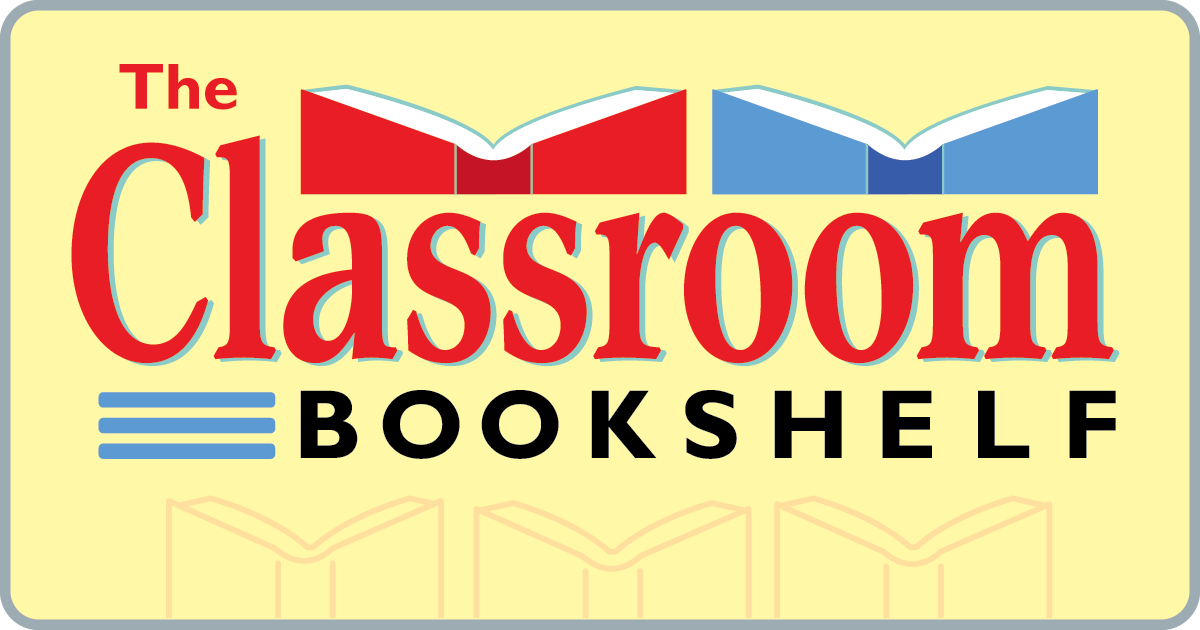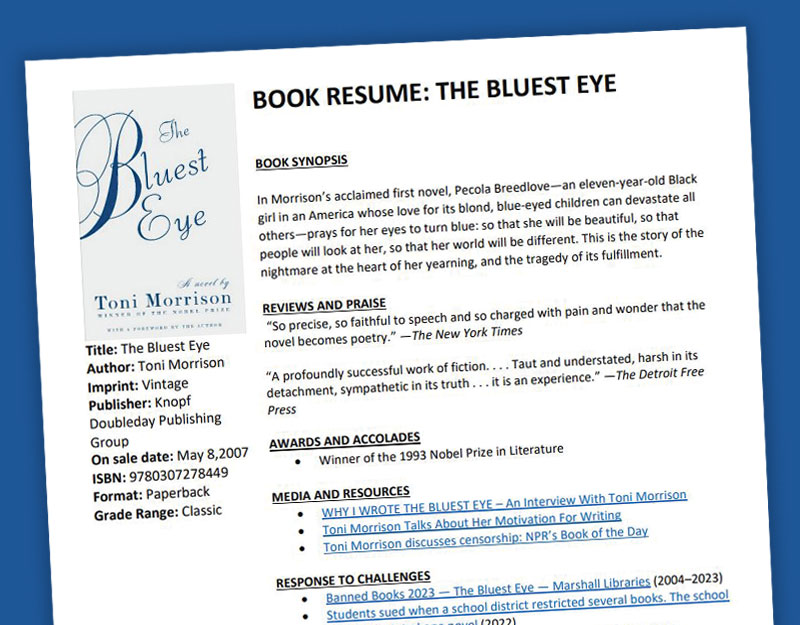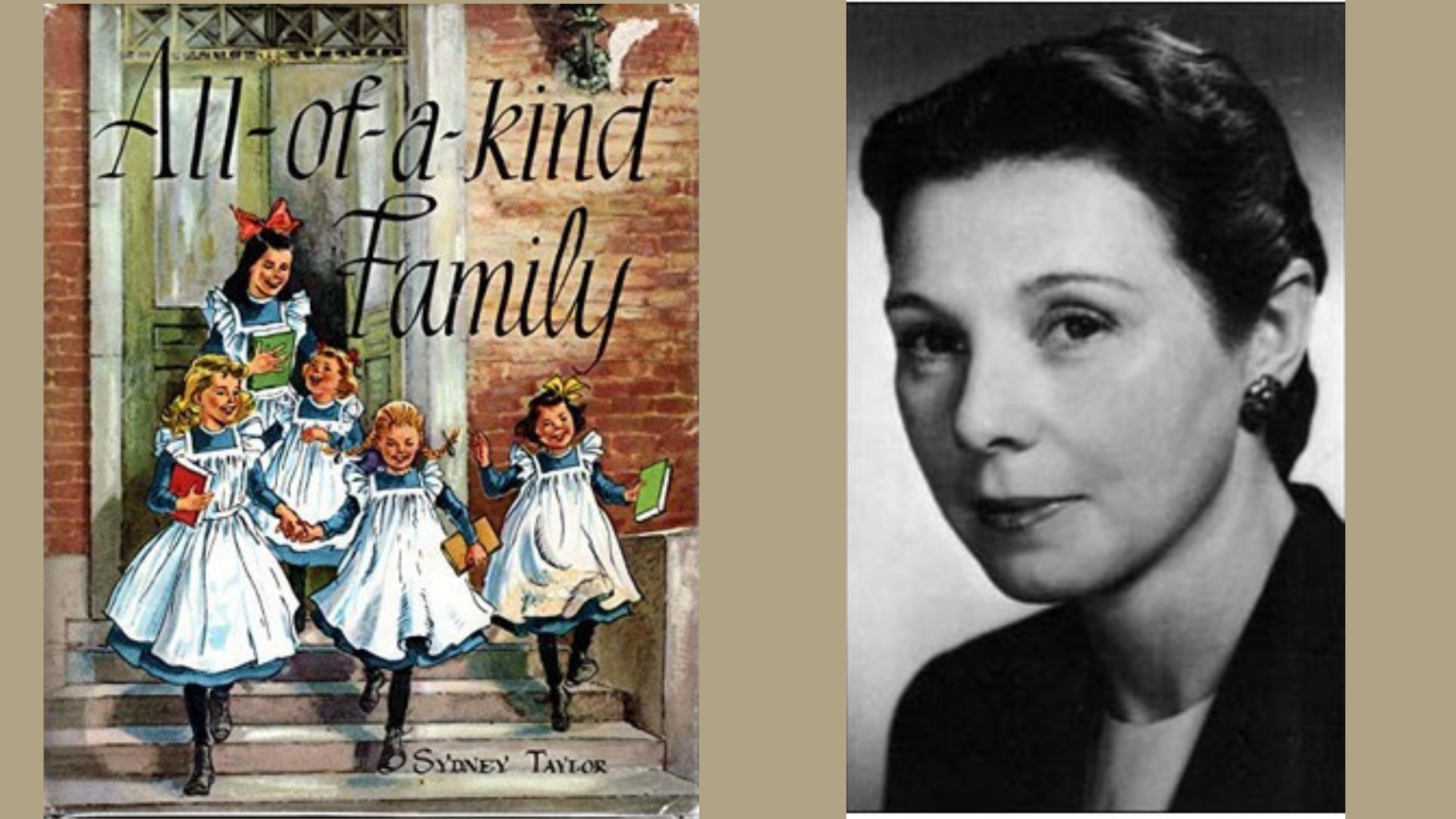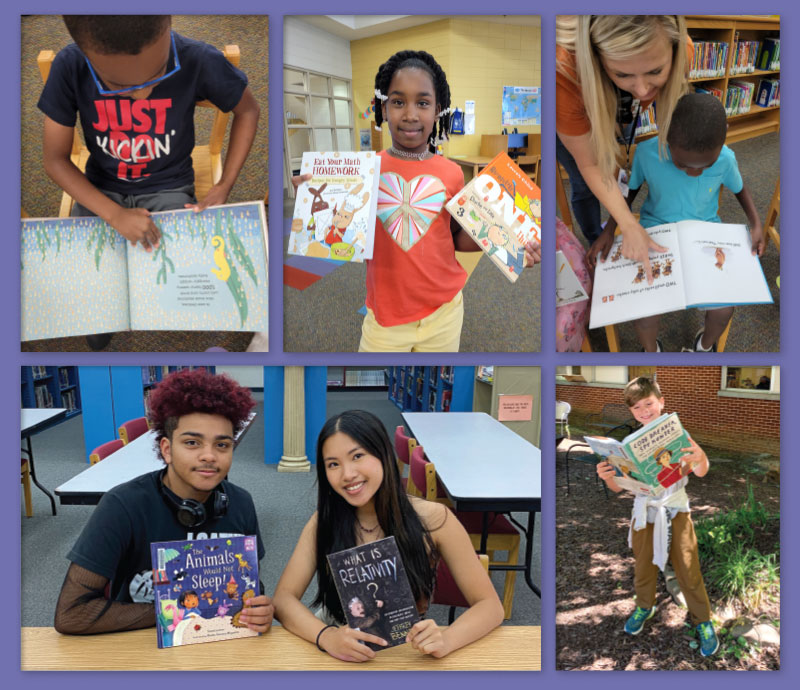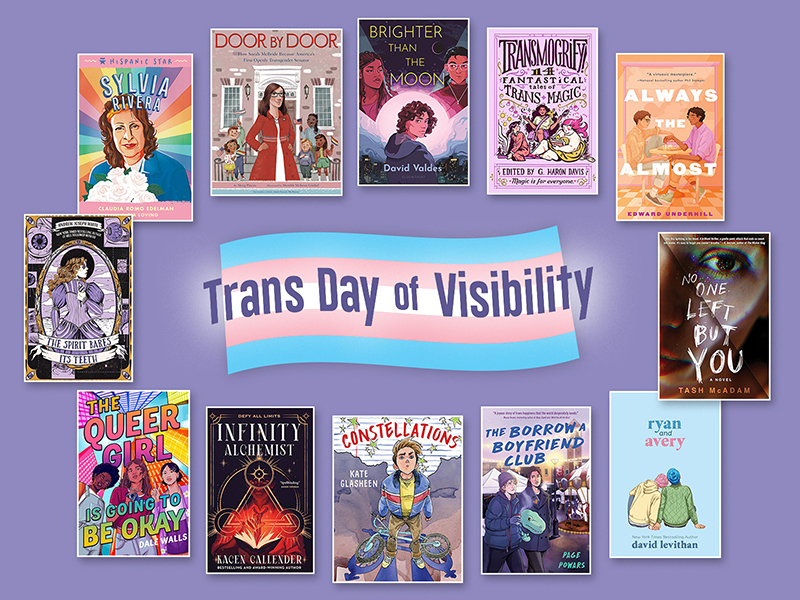Postcards from Camp
Postcards from Camp
Written and illustrated by Simms Taback
Published by Nancy Paulsen Books, 2011
All grades
Book Review
Michael’s summer seems off to a miserable start when he sends his father a postcard from camp, exclaiming, “I HATE camp! Come get me! P-L-E-A-S-E. My counselor is an alien, and a vegetarian.” Instead of rescuing his son, Michael’s father, Harry, deliberately ignores the complaints and replies with his own postcard: “Hiya Michael, Aren’t you the lucky one to be at camp? . . . Sorry you had to take the bus, but I hope the ride was fun. I wish I could have taken you in our car. I hope to get it repaired soon.” So begins a hysterical correspondence between father and son, chronicling the evolution of Michael’s summer camp experience. Caldecott Award-winning illustrator and author Simms Taback is back with a vibrant and clever interactive picture book. With the exception of a brief prelude and epilogue, the entire story is told through postcards and letters, some of which can be removed from their envelopes and unfolded. Moreover, each piece of mail is an intricately crafted work of art by Michael and Harry, with illustrations that layer more meaning and richness to the words that each writes. Perfect for teachers to read aloud at the beginning of the year and for students to reread and explore on their own, Postcards from Camp is a fantastic and fun-filled book for the classroom.
Teaching Invitations
All grades
- Postcard and Letter Writing. Read aloud Postcards from Camp to introduce a unit on postcard and letter writing. You may want to use the Postcard and Letter Writing Generators at ReadWriteThink.org that are listed in the Further Explorations section below. For older students, challenge their postcard and letter writing skills by teaching them how to use tone to achieve different moods in their letters. Refer to some of the books listed in the Further Explorations section below for more examples of letters that use a specific tone to create certain moods.
- The Art of Postcards and Letters. From the artwork on the front (or stationery background) to the font chosen and doodles drawn, postcards and letters employ different modes and media to facilitate communication. Have students closely examine the artistic elements of the postcards and letters in this book, and discuss how they enrich the written text. Sometimes, the artwork and written text may even contradict one another at times. Oh, and don’t forget to study the postage stamps! You may also want to explore some of the websites listed in the Further Explorations section below that are dedicated to postcard and postage stamp art.
- Peritextual Explorations. Literary theorist Gerard Genette coined the term peritext to refer to the peripheral features of a book—the cover, front and back matter, end pages, title page, dedication page, copyright page, jacket flaps, etc. The peritext of picture books often provide entertaining, engaging, and meaningful content. Have your class study the peritext of Postcards from Camp. Before reading the book, explore the peritext to facilitate their prediction skills; after reading, revisit the peritext to inquire how it offers additional commentary on the main story. These conversations will likely enrich everyone’s experience with the book.
- A New Twist on “What I Did During My Summer Vacation.” It’s no surprise that many students despise this popular (and frankly, hackneyed) beginning-of-year activity. Aside from the pressure to produce a dazzling piece of writing on the first day back to school, the activity carries assumptions and expectations that one must spend the summer doing spectacular, adventurous, or expensive activities, when truth be told, many students spend perfectly happy summers at home or in their own backyards. Instead of asking students to write an essay or tell a story about how they spent their entire summer, tap into their multiple modes of literacy expression and ask them to share one or two small events that were somehow memorable. Maybe they tried a new kind of food this summer, or met new neighbors. Maybe while cleaning their bedroom, they found an old toy that brought back fond memories. Or, maybe they spent the summer working to earn money, and something interesting happened on the job. Encourage students to write, draw, or otherwise use language and images to describe that small but significant event and share it with the class.
Grades 3 and up
- Inferring Character. Although we never get a direct description or see Michael or his father, Simms Taback provides us with a lot of information about their characters through text and illustration. What inferences can they make about each character based on each piece of mail and on his correspondence as a whole?
- Changes in Personal Communication. You’ve probably heard the gripes of people who lament the decline of letter and postcard writing over the decades. Discuss this concept with students. Does the decline mean that the idea of personal communication via writing has disappeared? Do emails, text messages, and blogs serve the same purpose, but in another format? What about the use of telegrams in the 20th century? Read the entry by Charles Simic (and perhaps also the responding comments) titled, “The Lost Art of Postcard Writing” (http://www.nybooks.com/blogs/nyrblog/2011/aug/02/what-ever-happened-summer-postcards). Maybe your students are of a generation that has only ever known sending personal messages via digital technology. If that is the case, you may want to engage them in some postcard and letter writing activities (see activities above) to enrich their understanding of the evolution in modes of written communication.
Critical Literacy
- Perspective and Point of View. Although Michael and Harry write directly to each other, they sometimes stray from the first-person storytelling perspective. For example, Harry creates a postcard that resembles an advertisement for a fictional story based on Michael’s fear of sharks. What effect does Taback achieve by shifting points of view in his story? You might want to follow up this discussion by having students tell a story in alternating perspectives. See the Summer Camp Secrets series listed in the Further Explorations book section below for examples.
- Who Goes to Summer Camp? While many students can relate to Michael’s experience at camp, many other students may disconnect with the story, having neither the means nor opportunity to spend the summer at camp. Engage your students in a critical examination of the idea of summer camp. Who “gets” to go? How much does it cost? Why do families send their children to summer camp? Additionally, many summer camps operate around certain themes or beliefs (e.g., music camps, religiously affiliated camps, etc.). Why might students attend those camps instead of the kind that Michael attends? Perhaps your class can look into local camps and help raise funds to offer financial assistance to help more students attend camp.
Further Explorations
Online Resources
Simms Taback’s web site
http://www.simmstaback.com
Chicago Postcard Museum
http://www.chicagopostcardmuseum.org
Metropolitan Postcard Club of New York
http://www.metropostcard.com
ARTpostcard
http://www.artpostcards.com
Smithsonian National Postal Museum
http://www.postalmuseum.si.edu/index.html
Postcard Creator
http://www.readwritethink.org/classroom-resources/student-interactives/postcard-creator-30061.html
Letter Generator
http://www.readwritethink.org/classroom-resources/student-interactives/letter-generator-30005.html
Books
Falanga, D. (Ed.) (2010). P.S. I hate it here! Kids’ letters from camp. New York: Abrams Image.
- A heartwarming and hilarious collection of actual letters about summer camp from kids aged 8-16.
Grant, K. (2008-2010). Summer camp secrets series. New York: Aladdin.
- A chapter book series, each from the perspective and experience of one 12-year old girl who spends the summer at Camp Pine Haven for Girls.
Lansky, B. (2009). What I did on my summer vacation: 40 funny poems about summer adventures and misadventures. Minnetonka, MN: Meadowbrook Press.
- A collection of comical poems about summer vacation.
Moss, M. (1999). Luv, Amelia – Luv, Nadia. Middleton, WI: Pleasant Company Publications.
- Ten-year old Amelia exchanges letters with her friend, Nadia. Like Postcards from Camp, the pages include actual folded letters and envelopes.
Nancy, T. L. (1997). Letters from a nut. New York: Avon.
- A humorous collection of requests, complaints, and general inquiries in letter format.
Plourde, L. (2003). Summer’s vacation. New York: Simon & Schuster Children’s Books.
- A rhythmic picture book about Summer, who spends her time enjoying and celebrating vacation time and neglecting her responsibilities, despite warnings from Mother Earth and Father Time.
Teague, M. (1995). How I spent my summer vacation. New York: Dragonfly Books.
- A hilarious and highly imaginative young boy’s response to his first-day-of-school assignment.
Filed under: Fiction Picture Books, Picture Books
About Grace Enriquez
Grace is an associate professor of language and literacy at Lesley University. A former English Language Arts teacher, reading specialist, and literacy consultant, she teaches and writes about children’s literature, critical literacies, and literacies and embodiment. Grace is co-author of The Reading Turn-Around and co-editor of Literacies, Learning, and the Body.
ADVERTISEMENT
ADVERTISEMENT
SLJ Blog Network
One Star Review, Guess Who? (#202)
Review of the Day: My Antarctica by G. Neri, ill. Corban Wilkin
Exclusive: Giant Magical Otters Invade New Hex Vet Graphic Novel | News
Parsing Religion in Public Schools
Take Five: LGBTQIA+ Middle Grade Novels
ADVERTISEMENT

